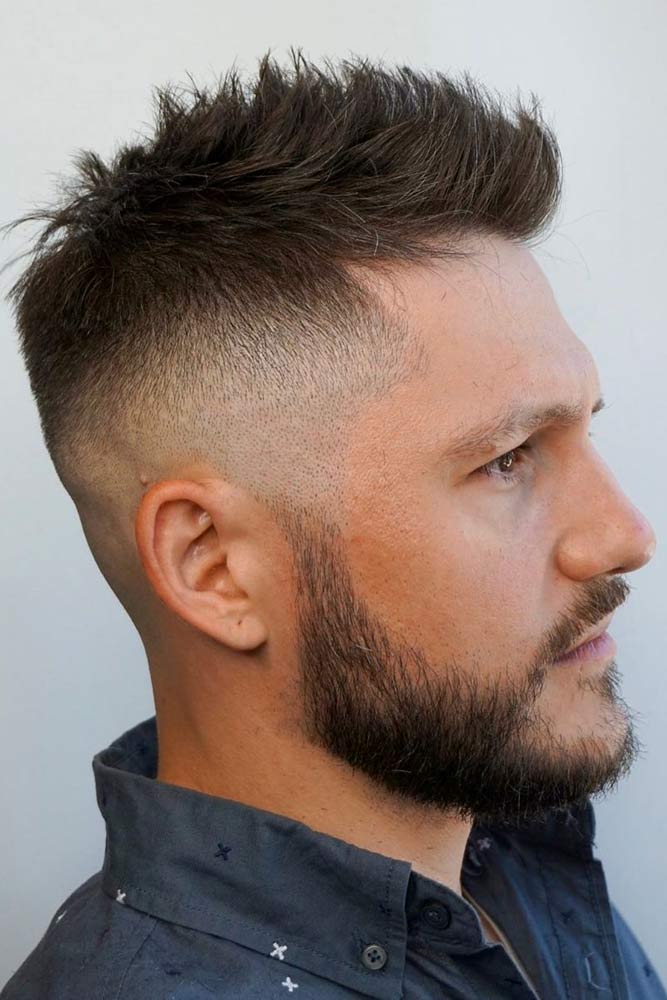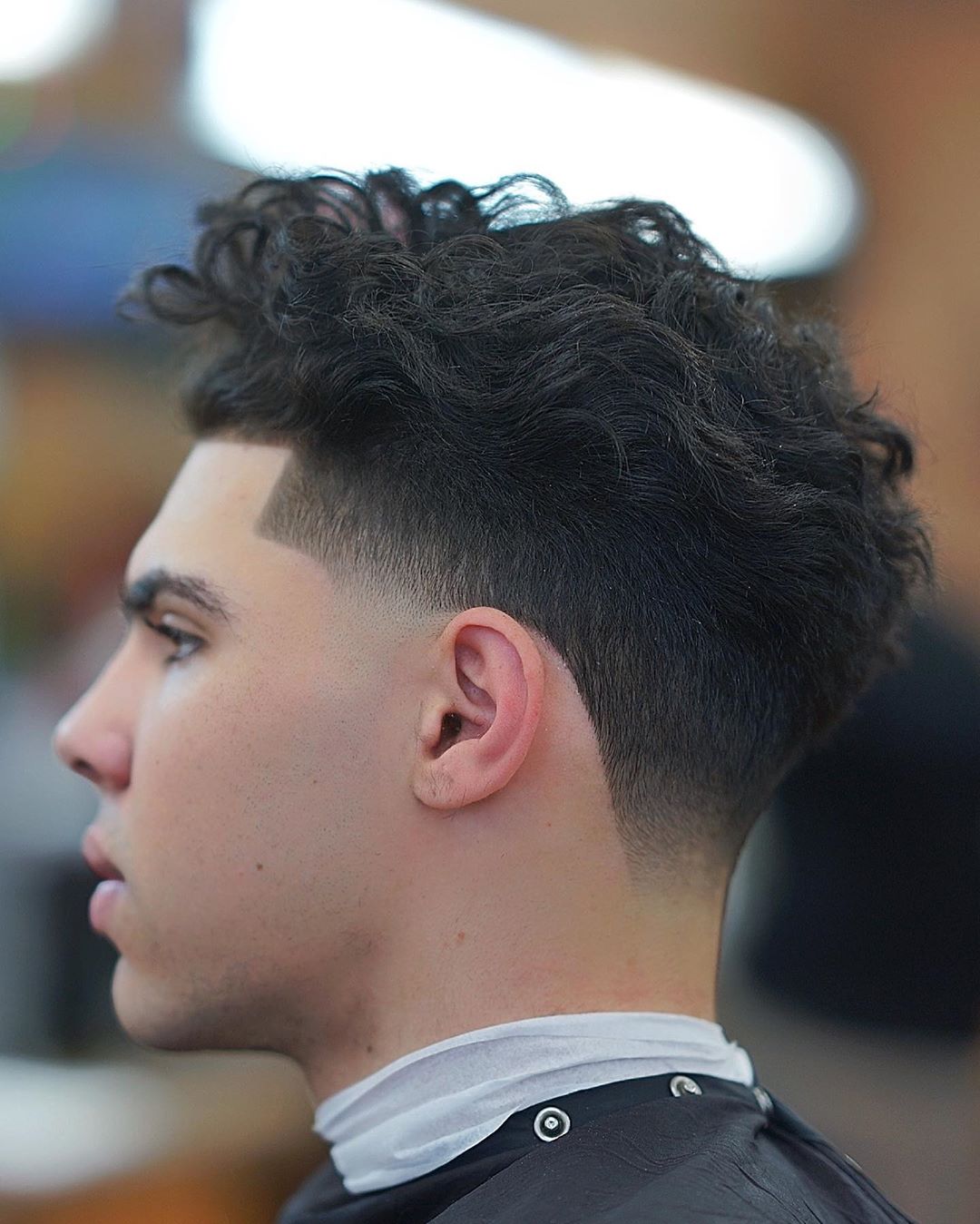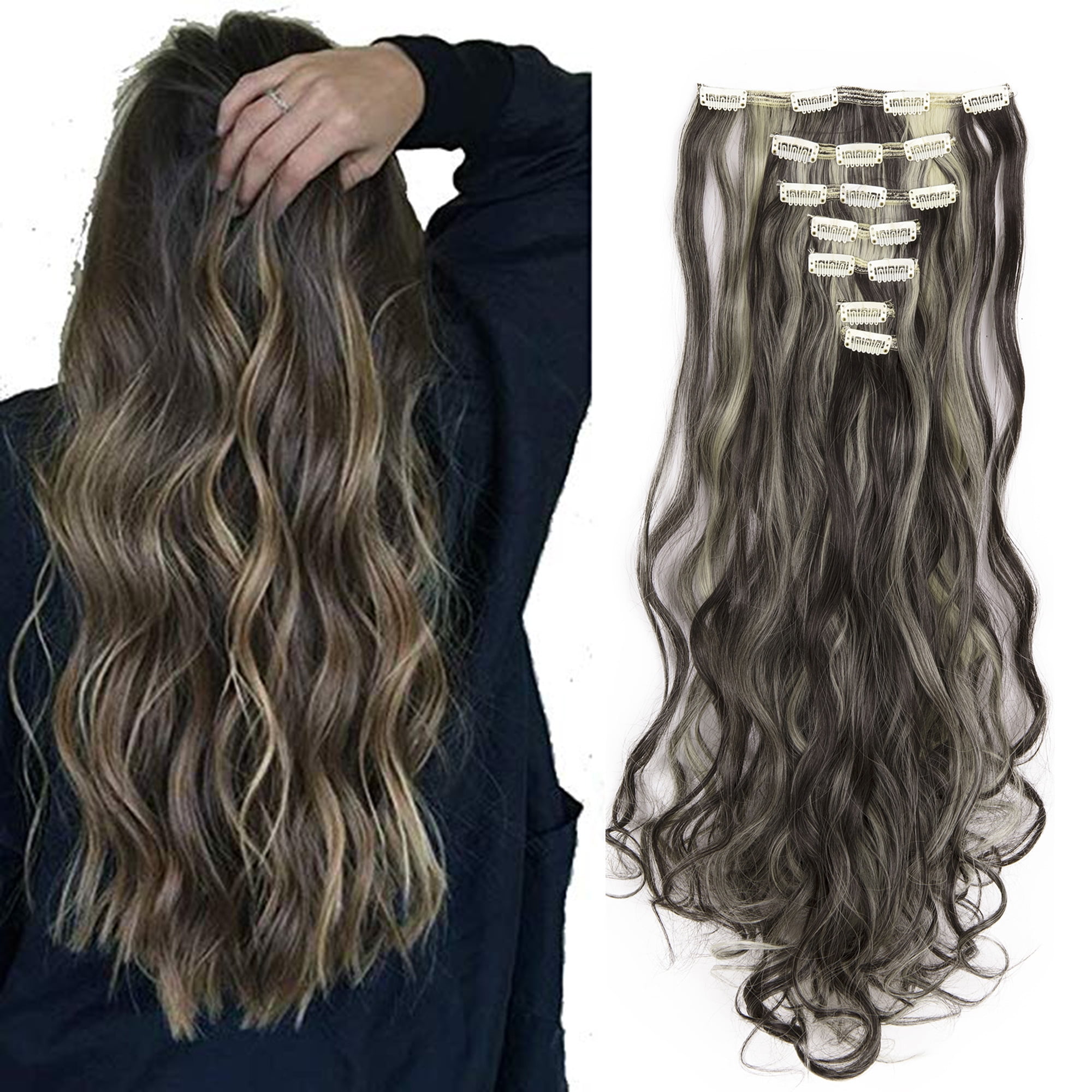Table Of Content
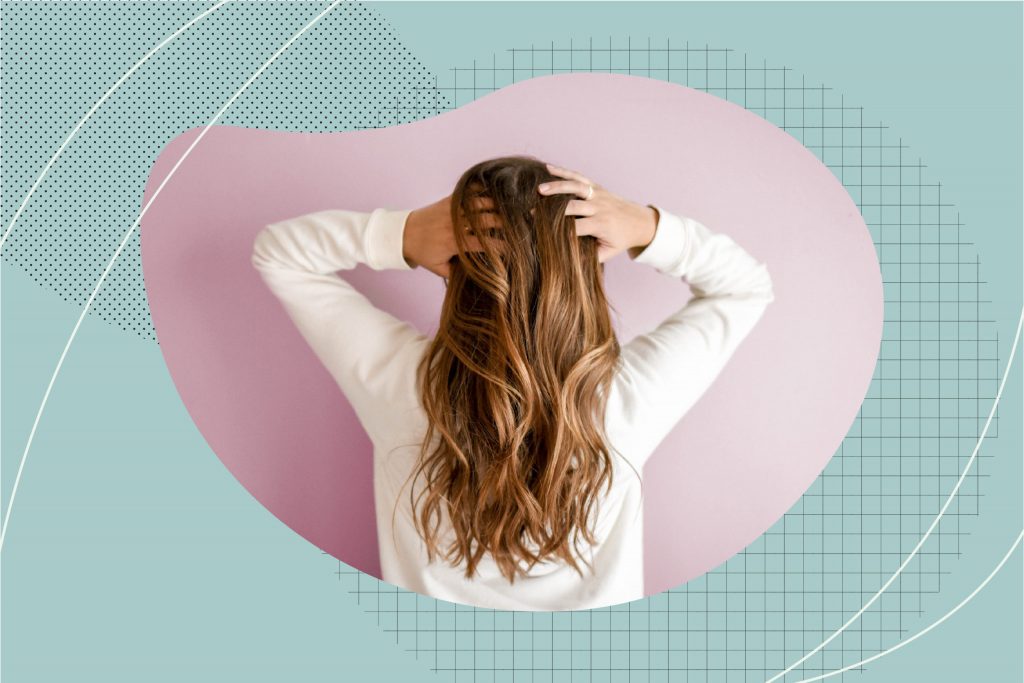
It contains all of the vitamins and minerals that you need to nourish thinning hair. You want to focus on supplements that include iron, zinc, biotin, vitamins D, A, and C. Supplements will again take time and consistency but they can make improvements in your locks. It is suggested that you stick with supplements for at least 6 months (consistently- everyday) to see results. The most critical thing you can do is to eat a healthy, balanced diet that incorporates a variety of foods.
Antiandrogens
A physical exam includes checking for signs of excess hair growth, insulin resistance and acne. Yes, PCOS does cause hair loss, and understanding the intricate relationship between hair loss and Polycystic Ovary Syndrome (PCOS) is crucial for individuals navigating this challenging symptom. Thinning hair due to the effects of male hormones (androgens) is called androgenic alopecia. This male-pattern hair loss is often seen in women with polycystic ovary syndrome (PCOS), congenital adrenal hyperplasia, and other disorders of male hormone excess.
PCOS hair loss causes and 7 treatment options
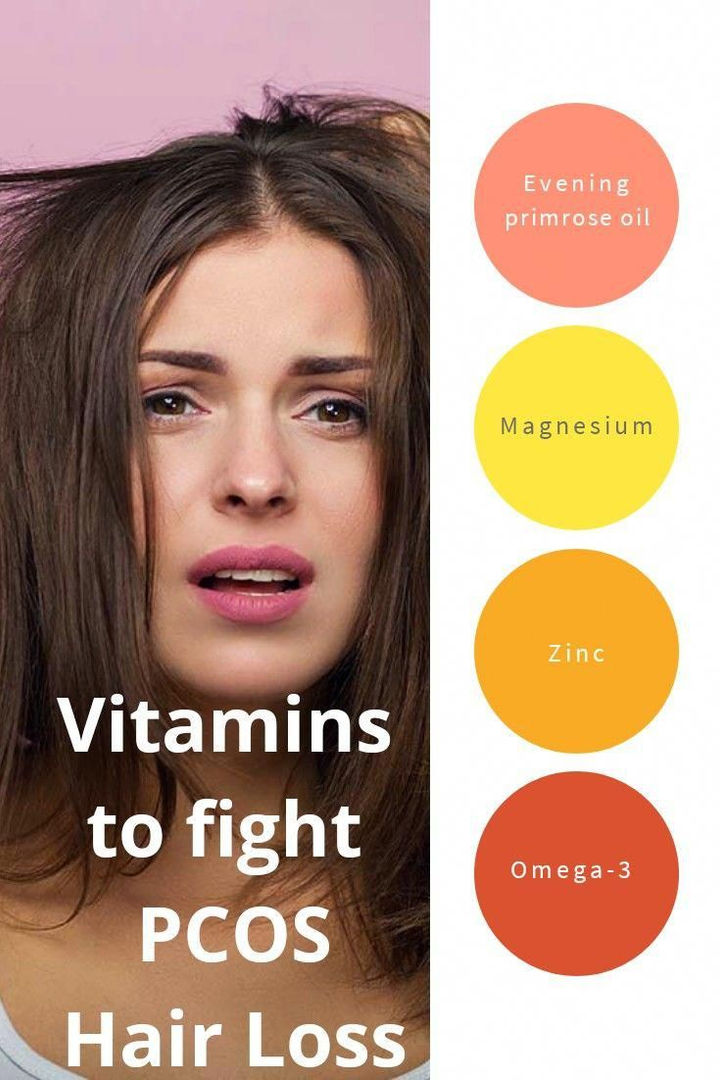
Below are some of the different treatment options for hair loss for women with PCOS ranging from supplements to medications and cosmetic procedures. If excess hair growth or acne is hurting your confidence, cosmetic treatments or working with a dermatologist might be helpful. Studies have shown that those of us with PCOS have higher levels of inflammation than ‘normal’ women.
The Role of Insulin Resistance on PCOS and Hair Loss
Most women with PCOS are either obese or overweight (70%) and have centripetal fat distribution. Statins can be considered in obese women; however, long-term benefit in preventing cardiovascular disease in young women is not established. Bariatric surgery can be considered in morbidly obese women where life-style management fails to achieve weight loss. Women with infertility should be referred to reproductive endocrinologist and have the option of ovulation induction agents like clomiphene citrate and aromataseinhibitor (anastrazole and letrozole). In cases of clomophene citrate resistant, ovarian drilling and gonadotropins can be offered. The specifics of PCOS-related hair loss can vary, depending on the individual.
Celebrities Who've Opened Up About PCOS - PEOPLE
Celebrities Who've Opened Up About PCOS.
Posted: Sat, 23 Sep 2023 07:00:00 GMT [source]
Conclusion: Managing PCOS Hair Loss
However, they are not a substitute for professional medical advice, diagnosis, or treatment. It is a progestational antiandrogen which inhibits binding of testosterone and 5-alpha DHT to androgen receptor. It can be used alone in dose of 50–100 mg daily or with combination with ethinyl estradiol in reverse sequential regimen.
Is It PCOS hair loss or is it your thyroid?
It works by prolonging the growth phase of the hair follicles to slow hair loss. Rogaine is typically applied it to the scalp two times a day, making it inconvenient. Only a small percentage of women will see a difference in hair growth from taking Rogaine. Like spironolactone, Rogaine may take as much as 4 months to even a year to see full benefit.
Some symptoms such as infertility, obesity and unwanted hair growth can lead to social stigma. This can affect other life areas such as family, relationships, work and involvement in the community. Symptoms of polycystic ovary syndrome can differ from person to person.

How can I fix my PCOS hair loss (Androgenic Alopecia)?
Thomas Ruiz, MD, an ob-gyn at the MemorialCare Orange Coast Medical Center in Fountain Valley, California, tells SELF. The loss of a loved one, the death of a parent—any high-stress situation can cause someone to miss a period or two, he explains. But, as Dr. Ruiz notes, once that fraught situation passes, your period should (in theory) come back. As the name suggests, it can also cause you to develop cysts—or, more accurately, a bunch of tiny, immature follicles, which are basically stunted egg cells—in your ovaries.
5 best shampoos for PCOS hair loss - Sportskeeda
5 best shampoos for PCOS hair loss.
Posted: Sun, 31 Mar 2024 07:00:00 GMT [source]
Polycystic Ovary Syndrome (PCOS) is a complex hormonal disorder affecting many women, with a myriad of symptoms that extend beyond reproductive health. Many women visit different PCOS Specialists in Miami, Florida to try and find the best possible solution to this frustrating issue. It is the most distressing and dermatology consultation seeking implication of PCOS. It is defined as the excessive growth of terminal hairs at androgen-dependent areas in females similar to male distribution. Diagnosis of PCOS is crucial at adolescence because hormonal and reproductive transition of normal puberty may mimic features ofthe syndrome.
While some people may not consider hair loss to be a serious medical problem, if it negatively affects daily activities, hobbies, or relationships, it might be a good idea to talk to a health care provider. It’s not uncommon to get a few stray strands on your chin every now and then, or some growth on your upper lip. Still, if you’re dealing with hair in places that aren’t typical for you, Dr. Vash-Margita says it could be something to pay attention to because excess androgens cause it to sprout in unexpected spots. OCPs and anitiandrogens are usually recommended for alopecia, but there are very limited data available to know the exact efficacy of all these drugs.[63] Topical minoxidil is considered as first-line treatment.
The treatment only takes 8 minutes and should be done three times a week to see results. Vitamin D is very important for immune health and functioning so adding vitamin D fortified foods to your diet is a smart choice as well. Progesterone is only created in the body after a woman ovulates or when you conceive to help maintain a pregnancy. “Hair loss is an awful part of PCOS and has been one of the hardest symptoms for me to deal with emotionally,” explained one woman, echoing the comments of others. “I cried almost daily seeing how much hair was coming out when I brushed or showered,” shared one member.


